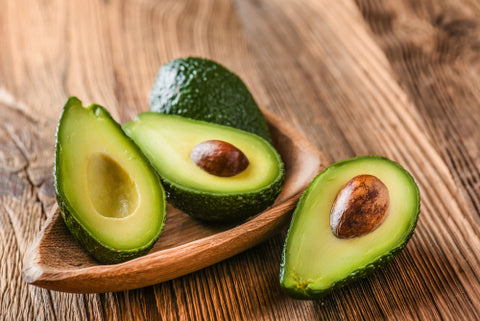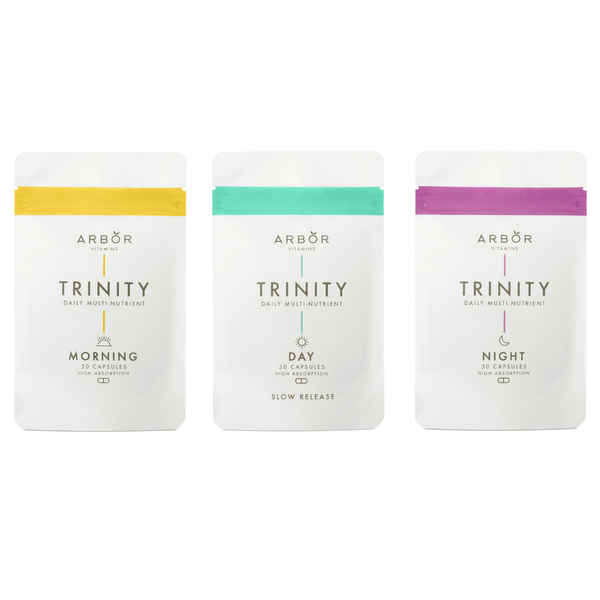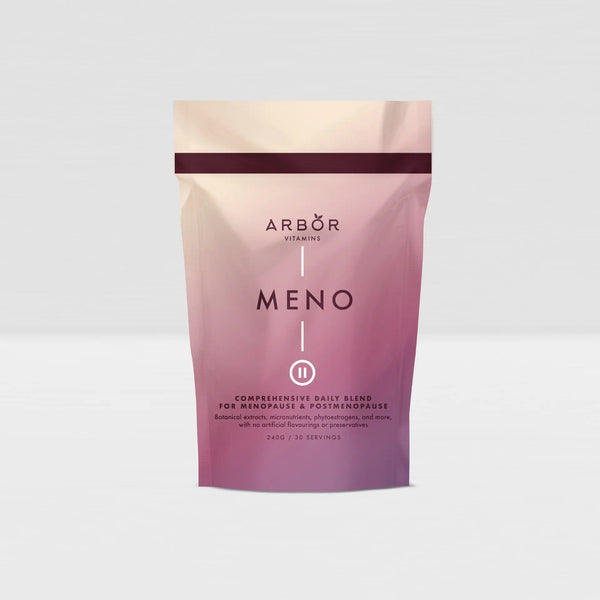Top 10 Foods Rich in B Vitamins for Optimal Health and Energy
B vitamins are crucial for maintaining overall health and vitality, supporting everything from energy production to cognitive function and DNA synthesis. Since B vitamins are water-soluble and must be replenished regularly, it's important to include rich sources of them in your diet. Here’s a breakdown of the top 10 foods that are high in B vitamins, along with insight into their health benefits.
1. Liver (and Other Organ Meats)

B Vitamins: B1 (Thiamine), B2 (Riboflavin), B3 (Niacin), B5 (Pantothenic Acid), B6 (Pyridoxine), B9 (Folate), B12 (Cobalamin)
Liver, especially beef liver, is one of the most nutrient-dense foods you can consume, packed with essential B vitamins, particularly B12, which is vital for neurological function and DNA synthesis.
2. Salmon (and Other Fatty Fish)

B Vitamins: B2, B3, B5, B6, B9, B12
Salmon isn’t just rich in omega-3 fatty acids—it’s also loaded with B vitamins that are essential for cognitive function and heart health. Eating fatty fish regularly helps to improve brain function, reduce inflammation, and support cardiovascular health.
3. Eggs

B Vitamins: B2, B5, B6, B7 (Biotin), B9, B12
Eggs, especially the yolk, are an excellent source of various B vitamins, including biotin, which helps with energy metabolism and maintaining healthy skin, nails, and hair.
4. Leafy Greens (Spinach, Kale)

B Vitamins: B2, B3, B5, B6, B9
Leafy greens like spinach and kale are particularly rich in folate (B9), which is crucial during pregnancy for preventing neural tube defects and for maintaining cellular health.
5. Whole Grains (Quinoa, Brown Rice)

B Vitamins: B1, B2, B3, B5, B6
Whole grains are rich in B vitamins, especially thiamine (B1), which is important for glucose metabolism. By including whole grains in your diet, you can increase your intake of essential B vitamins and support overall metabolic health.
6. Legumes (Lentils, Chickpeas)

B Vitamins: B1, B2, B3, B5, B6, B9
Legumes like lentils and chickpeas are high in B vitamins, especially folate (B9), which plays a critical role in DNA repair and cell function.
7. Milk and Dairy Products

B Vitamins: B2, B5, B12
Dairy products like milk provide a good amount of riboflavin (B2), which is vital for energy metabolism. Regular consumption of dairy supports the body’s energy production and cellular function.
8. Beef and Poultry

B Vitamins: B2, B3, B5, B6, B12
Beef and poultry are excellent sources of various B vitamins, particularly niacin (B3), which plays a significant role in energy production and nervous system function.
9. Nuts and Seeds (Sunflower Seeds, Almonds)

B Vitamins: B1, B2, B3, B5, B6, B9
Nuts and seeds, especially sunflower seeds, are rich in vitamin B6, which is essential for amino acid metabolism and the synthesis of neurotransmitters, helping to maintain brain function and mood.
10. Avocados

B Vitamins: B2, B3, B5, B6, B9
Avocados are a unique fruit that provides a healthy dose of B vitamins, including pantothenic acid (B5), which is essential for fatty acid metabolism and the synthesis of coenzyme A.
B Vitamins and Their Impact on Health
Incorporating these foods into your diet can help ensure you're getting a variety of essential B vitamins. B vitamins play a vital role in energy production, brain function, and metabolic health. By consuming a balanced diet rich in B vitamins, you can improve your cognitive function, support heart health, and maintain your overall well-being.
Supporting Your Health with Supplements
Incorporating essential vitamins and minerals into your diet can be challenging, but TRINITY by Arbor Vitamins offers a simple solution. This comprehensive multivitamin formula is designed to provide targeted support throughout the day. With 24 active ingredients, TRINITY includes a morning formula with energy-boosting B vitamins and turmeric for inflammation support, a daytime formula featuring Vitamin D3, Calcium, and Chromium to maintain bone health and energy levels, and a night formula with Magnesium, Zinc, and Vitamin E to support rest, recovery, and skin health. This time-optimized blend ensures you get the right nutrients at the right time, making it an easy way to boost your daily intake of vital vitamins and minerals.
Conclusion: The Power of B Vitamins
While whole foods rich in B vitamins should always be prioritised, supplements like those from Arbor Vitamins can offer extra support when needed. From reducing stress to boosting energy and cognitive function, B vitamins are essential for maintaining health. Always consult with a healthcare provider or nutritionist to determine your specific dietary needs.
Our MYCO Morning blend, for example, contains organic mushrooms such as Lion’s Mane, Cordyceps, and Chaga, providing natural support for cognitive health and energy production. The perfect addition to your diet, MYCO Night is designed to help promote relaxation and rejuvenation, supporting healthy sleep cycles so you wake up feeling refreshed.
References:
-
Watanabe, F. (2007). Vitamin B12 sources and bioavailability. Experimental Biology and Medicine, 232(10), 1266-1274.
-
Ochiai, H., et al. (2015). Relationship between serum high-density lipoprotein cholesterol and diet in college students. Journal of Clinical Biochemistry and Nutrition, 57(2), 135-140.
-
Zempleni, J., & Mock, D. M. (1999). Biotin biochemistry and human requirements. Journal of Nutritional Biochemistry, 10(3), 128-138.
-
Crider, K. S., et al. (2011). Folic acid food fortification—its history, effect, concerns, and future directions. Nutrients, 3(3), 370-384.
-
Manzetti, S., et al. (2014). Thiamin function, metabolism, uptake, and transport. Biochemistry, 53(5), 821-835.
-
Bailey, L. B., & Gregory III, J.F. (1999). Folate metabolism and requirements. Journal of Nutrition, 129(4), 779-782.
-
Powers, H. J. (2003). Riboflavin (vitamin B-2) and health. American Journal of Clinical Nutrition.












